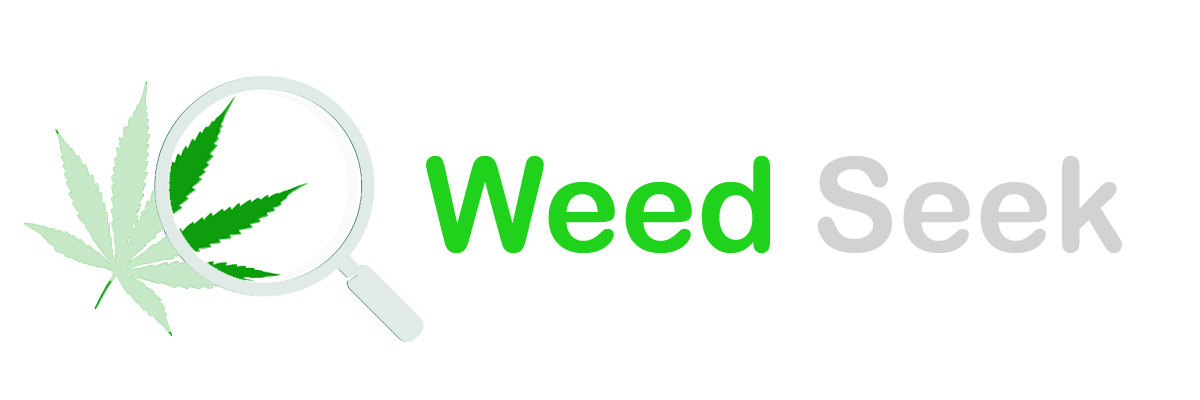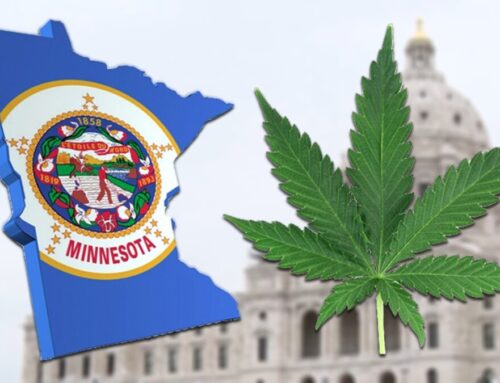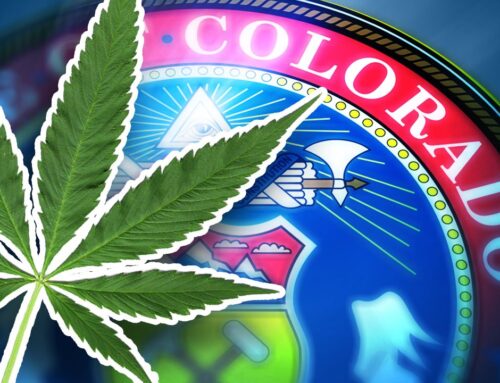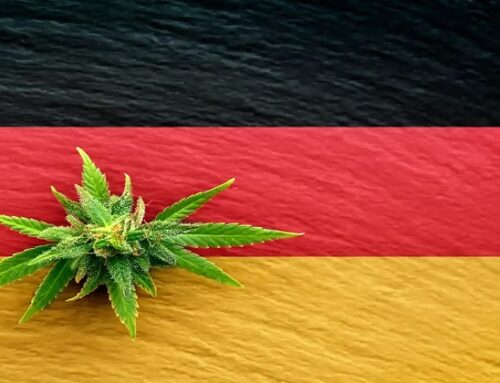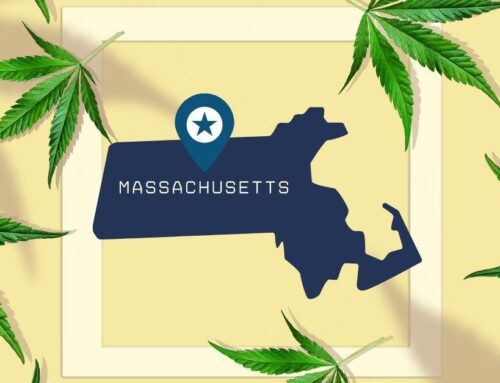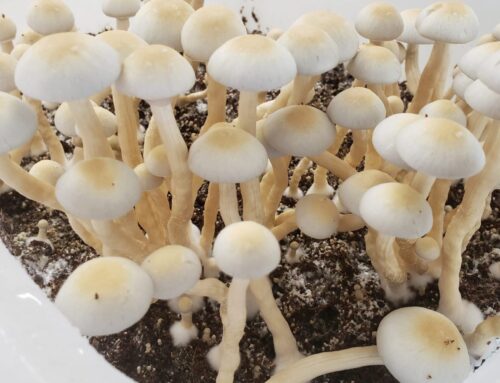The Swiss laws on cannabis possession have traditionally been relatively relaxed. In the early 1990s, Switzerland developed a four-pillar approach to drug policy with the first pillar being prevention, the second treatment, the third harm reduction, and the fourth law enforcement. Thus, prevention and treatment are prioritized over criminalization of users.
Find Best Cannabis Clubs in Alicante
Find Best Cannabis Clubs in Barcelona
Find Best Cannabis Clubs in Granada
Find Best Cannabis Clubs in Ibiza
Find Best Cannabis Clubs in Madrid
Find Best Cannabis Clubs in Marbella
Find Best Cannabis Clubs in San Sebastian
Find Best Cannabis Clubs in Sevilla
Find Best Cannabis Clubs in tenerife
In Switzerland cannabis possession is illegal, though minor possession was decriminalized in 2012. Several cantons began to allow adults to cultivate and use cannabis in 2012, but this was struck down by federal courts. In 2016, four cities stated they were investigating the establishment of pilot cannabis clubs. There are around 500,000 cannabis users out of a population of 8 million.
Cannabis that contains more than 1.0% THC is classified as an illegal drug in Switzerland. Thus, according to the Federal Law on Drugs: the production, culture, use, and possession of cannabis, are all prohibited and considered as criminal. These offenses are punishable by up to three years of imprisonment and/or a fine. Since 2017 legal cannabis, called CBD or medical cannabis, with less than 1.0% of THC is sold at nearly every tobacco store.
An attempt to decriminalize possession and consumption of cannabis failed narrowly in Parliament in 2004. As a reaction, a popular initiative to amend the constitution to legalize cannabis was introduced in 2004. Results from the national referendum in November 2008 showed 36.7% of those voting supported legalizing cannabis.
Decriminalization
From 28 September 2012, the possession of less than 10 grams of cannabis is no longer a criminal offence, but is still punished by a 100 Swiss francs flat fine. Professional cannabis trade, as well as the possession of a quantity of cannabis that can affect the health of a large number of people (4 kg of hashish, according to the Federal Court), are punished by one to three years of imprisonment that can be augmented with a fine.
On 5 October 2012, the Federal Court reversed the ‘Latin Concordat on hemp culture and trading’, that came into force on 1 January 2012, which allowed private citizens in the cantons of Geneva, Freiburg, Valais, Vaud, Neuchâtel, Basel-City and Ticino to grow up to 4 hemp plants (containing less than 1.0% of THC), for violating the federal law on drugs.
